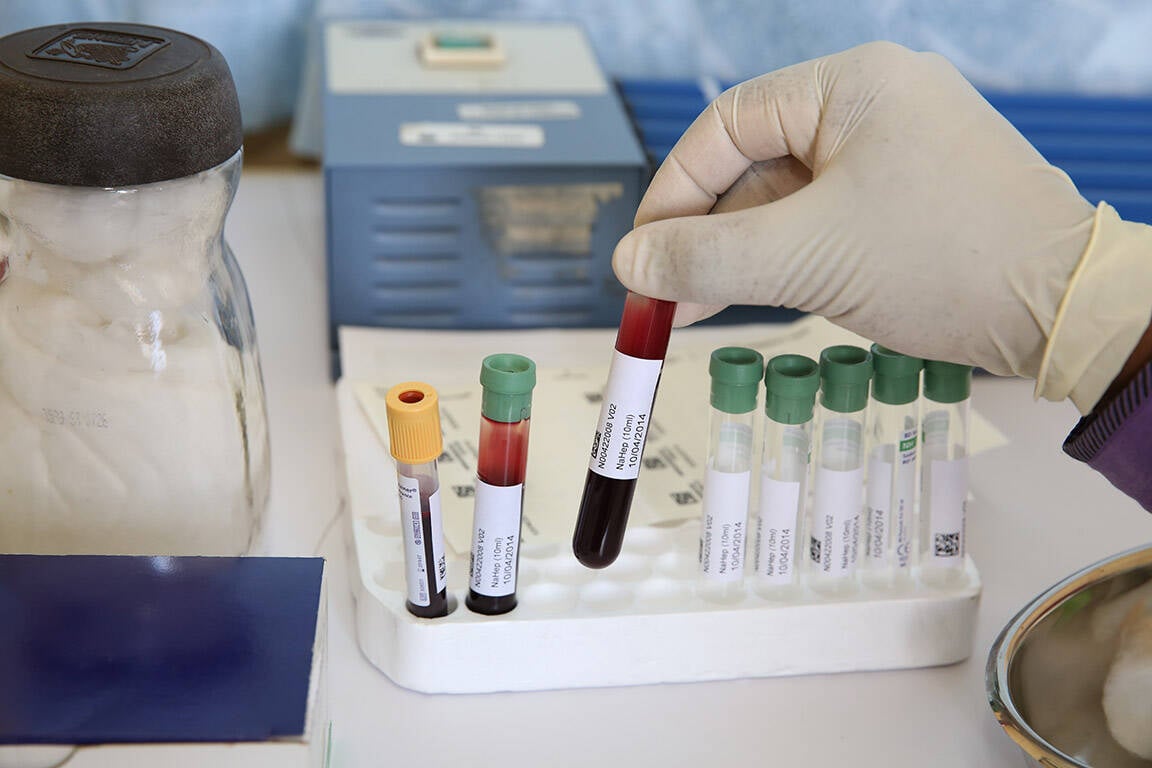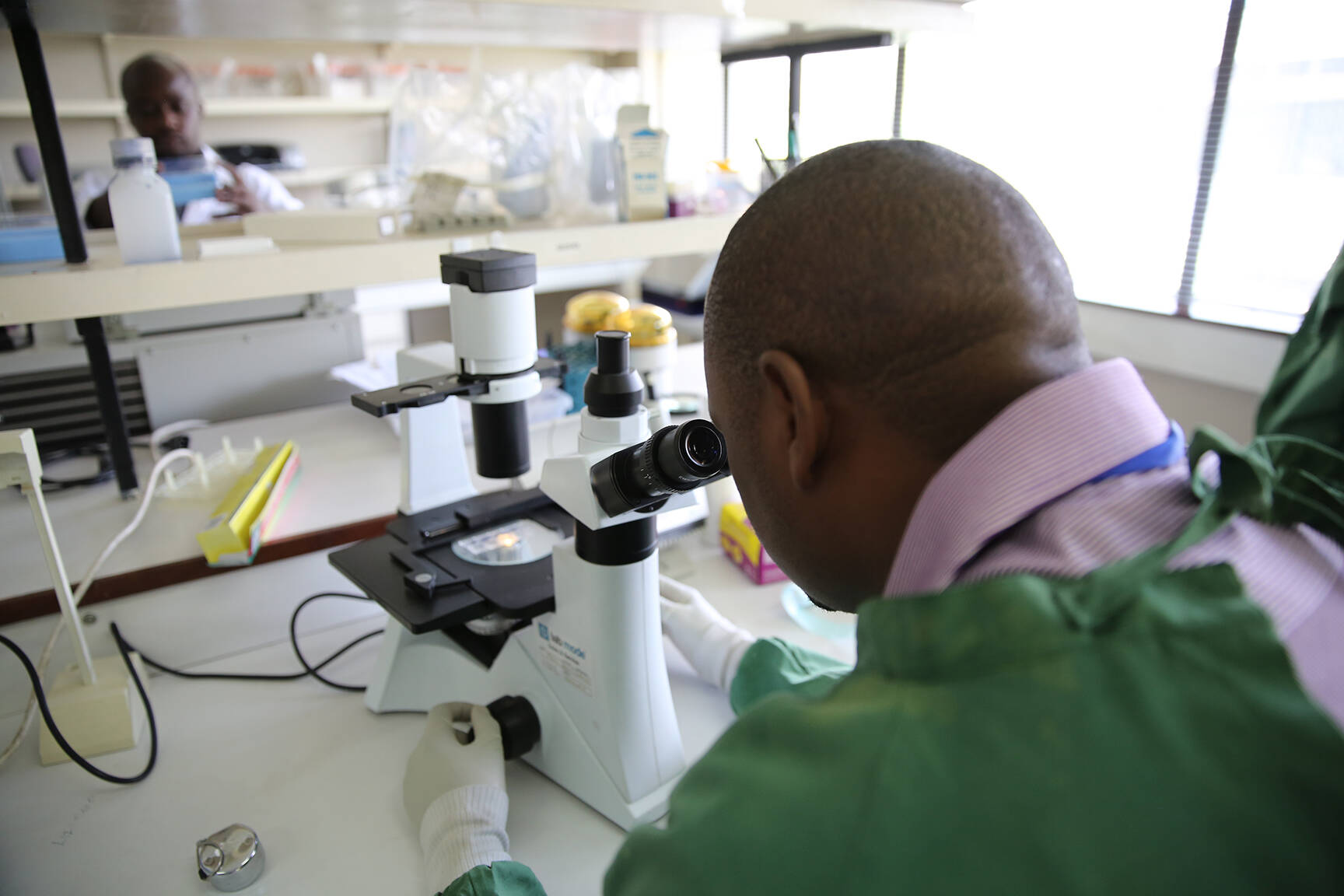Planning also continued on two other clinical studies, due to begin recruiting in 2022. The TB-CAPT CORE trial will provide evidence on a new TB diagnostic and resistance-profiling test, Truenat, which was endorsed by WHO in 2020. As it is battery-powered and portable, Truenat technology has the key advantage that it can be used at peripheral primary health care facilities. The trial will compare use of Truenat and Xpert MTB/XDR approaches, recruiting more than 4000 patients at 28 primary health care facilities in Tanzania and Mozambique.
The third study, TB-CAPT EXULTANT HIV, is evaluating potential approaches for improving diagnosis of TB in people living with HIV admitted to hospital, who often have undiagnosed TB. As sputum is generally difficult to obtain from such patients, the study will investigate the use of alternative sample sources, such as urine or stool, and diagnostic technologies such as the highly sensitive Xpert Ultra assay and urine-based AlereLAM assay.

scroll down
The TB CAPT project is organising three clinical studies focused on optimising the use of different molecular testing tools in sub-Saharan African settings. Its TB CAPT XDR trial is examining use of the Xpert MTB/XDR test which, as well as reliably identifying TB infections, also assesses susceptibility to rifampicin, a commonly used TB drug and provides results within hours rather than days or weeks. The project, which hit its 50% recruitment target in October 2021, is exploring the feasibility and impact of this tool when integrated within the existing TB diagnostic infrastructure in South Africa.
Molecular testing for TB offered the prospect of rapid detection of infection and timely initiation of treatment. However, its impact has not been as great as expected, highlighting the need to consider practical issues of how molecular testing fits into pathways of patient assessment and care in different settings.
In 2021, the TB CAPT project hit its 50% recruitment milestone for its study of TB drug susceptibility testing, and made preparations for two other studies that will answer key questions about new testing technologies for TB.

Optimising molecular testing for TB
